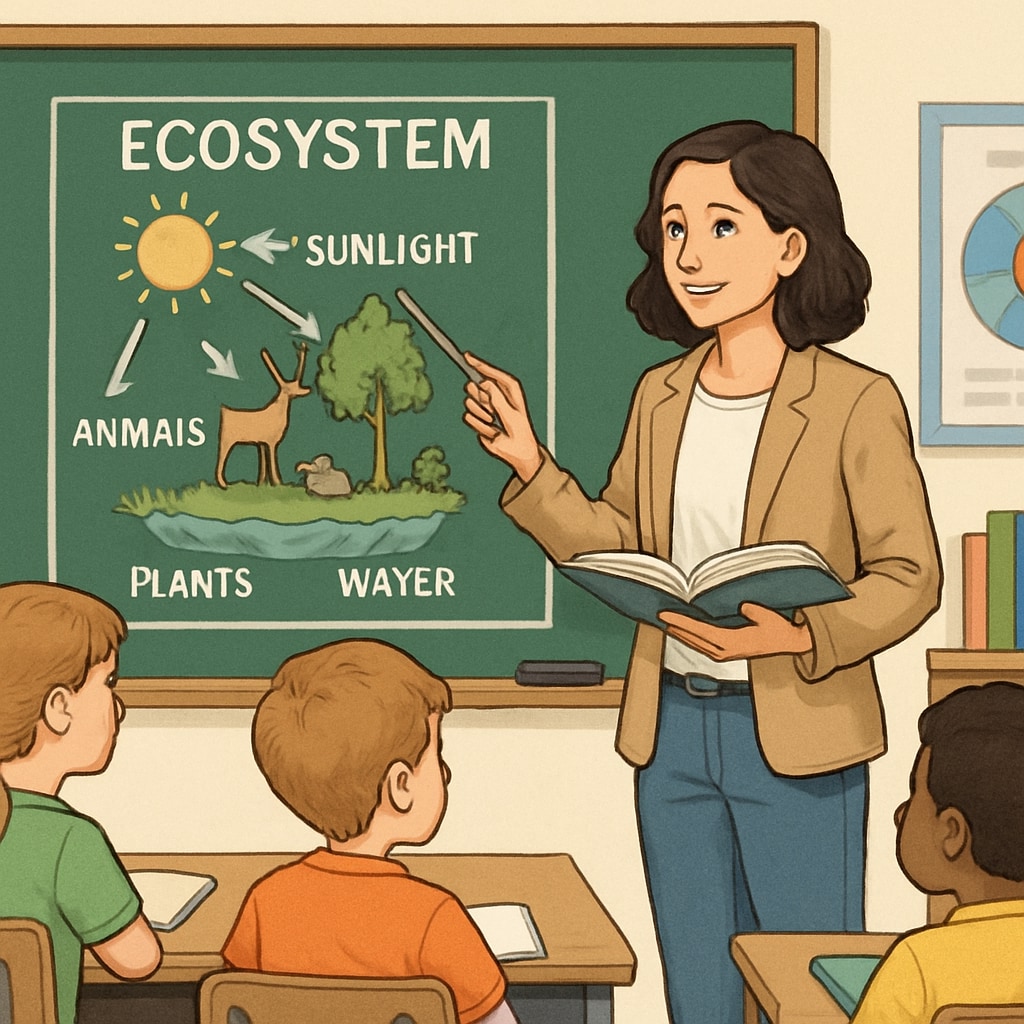Pursuing a Master’s in Education can be a transformative journey for biology students eager to shift from laboratory experiments to shaping minds in the classroom. This career shift highlights the growing trend of interdisciplinary education, where students leverage their specialized knowledge to bring unique perspectives to teaching. In this article, we will explore the feasibility of transitioning from a biology background to an education-focused degree, the advantages such a shift offers, the challenges to anticipate, and practical strategies to navigate this professional transition successfully.
Why Biology Graduates Should Consider an Education Master’s
Biology students often acquire a deep understanding of scientific concepts, research methodologies, and critical thinking. These skills can be invaluable in the educational field, especially when teaching science, technology, engineering, and mathematics (STEM) subjects. Here are some reasons why transitioning to an Education Master’s might be ideal:
- High Demand in STEM Education: The demand for qualified STEM teachers is on the rise globally. Biology graduates are well-equipped to teach subjects like biology, environmental science, and general science at various levels.
- Transferable Skills: Skills like data analysis, problem-solving, and effective communication are transferable and essential in a teaching environment.
- Passion for Knowledge: Many biology students pursue the subject out of curiosity about life and nature. Transitioning to education allows them to inspire similar curiosity in young learners.

Challenges in Transitioning to Education
While the transition from biology to education is feasible, it is important to recognize the challenges involved. These may include:
- Adapting to Pedagogical Techniques: Teaching requires understanding educational psychology, lesson planning, and classroom management, which may be unfamiliar to biology students.
- Certification Requirements: Depending on your country or state, additional certifications might be necessary to qualify for teaching positions.
- Mindset Shift: Moving from research-focused work to student-centered teaching can require a significant change in perspective.
However, these challenges can be overcome with determination and the right resources. Many education programs for graduate students offer foundational courses to bridge gaps in teaching knowledge.
Strategies for a Successful Transition
To make this professional shift smoother, biology graduates can follow these actionable strategies:
- Research Education Programs: Look for Master’s programs that offer specialization in science education or STEM teaching. Some universities even offer bridge programs designed for professionals from other fields.
- Gain Teaching Experience: Volunteering as a tutor, assisting in schools, or participating in educational outreach programs can provide valuable experience and confirm your interest.
- Leverage Your Biology Expertise: Highlight your subject-matter expertise when applying for programs or positions. Schools often value teachers with deep content knowledge.
- Develop Soft Skills: Enhance skills like communication, empathy, and patience through workshops or self-improvement courses.
- Network with Educators: Join professional teaching organizations or attend education conferences to build connections and gain insights into the field.

Success Stories of Cross-Disciplinary Educators
Many successful educators have made the leap from other fields, including biology, into teaching. For example, former researchers and lab technicians have transitioned to roles as high school science teachers, curriculum developers, and even education policymakers. These individuals often bring a unique perspective to the classroom, enriching their students’ learning experiences with real-world applications of scientific concepts.
One notable example is the growing number of biology graduates involved in environmental education. By integrating their knowledge of ecosystems, biodiversity, and conservation, they inspire students to engage with pressing global challenges like climate change and sustainability. These educators not only teach scientific principles but also foster critical thinking and problem-solving skills in their students.
Final Thoughts: Embracing the Journey
Transitioning from biology to education may require effort, but it is a rewarding journey for those passionate about teaching. By leveraging their scientific expertise and acquiring pedagogical skills, biology graduates can make a significant impact in the classroom. If you are a biology student dreaming of an education career, now is the time to take the first step toward shaping the minds of future generations.
For more information on the importance of STEM education, visit STEM education on Britannica. To explore further career pathways for biology graduates, check out Biology Careers on Wikipedia.
Readability guidance: This article uses short paragraphs, clear headings, and lists to improve readability. Active voice is prioritized, and transitional phrases ensure smooth flow between sections.


